18 GPTs for Hardware Diagnostics Powered by AI for Free of 2026
AI GPTs for Hardware Diagnostics are advanced artificial intelligence tools based on Generative Pre-trained Transformers designed specifically for diagnosing and resolving hardware-related issues. These tools leverage the cutting-edge capabilities of GPTs to understand, analyze, and provide solutions for a wide range of hardware problems. Their relevance lies in their ability to offer precise diagnostics, predictive maintenance, and troubleshooting advice, making them essential in the rapidly evolving technology landscape.
Top 10 GPTs for Hardware Diagnostics are: Tech Assist,Tech Troubleshooter,A.L.I.C.E.,Tech Solver,Technical Support Specialist,Field (IT) Support Advisor,IT Support GPT,Tech Troubleshooter,Tech Troubleshooter,⚡ RCOG (Rapid Computing Operational Guide)
Tech Assist
Empowering your tech journey with AI.
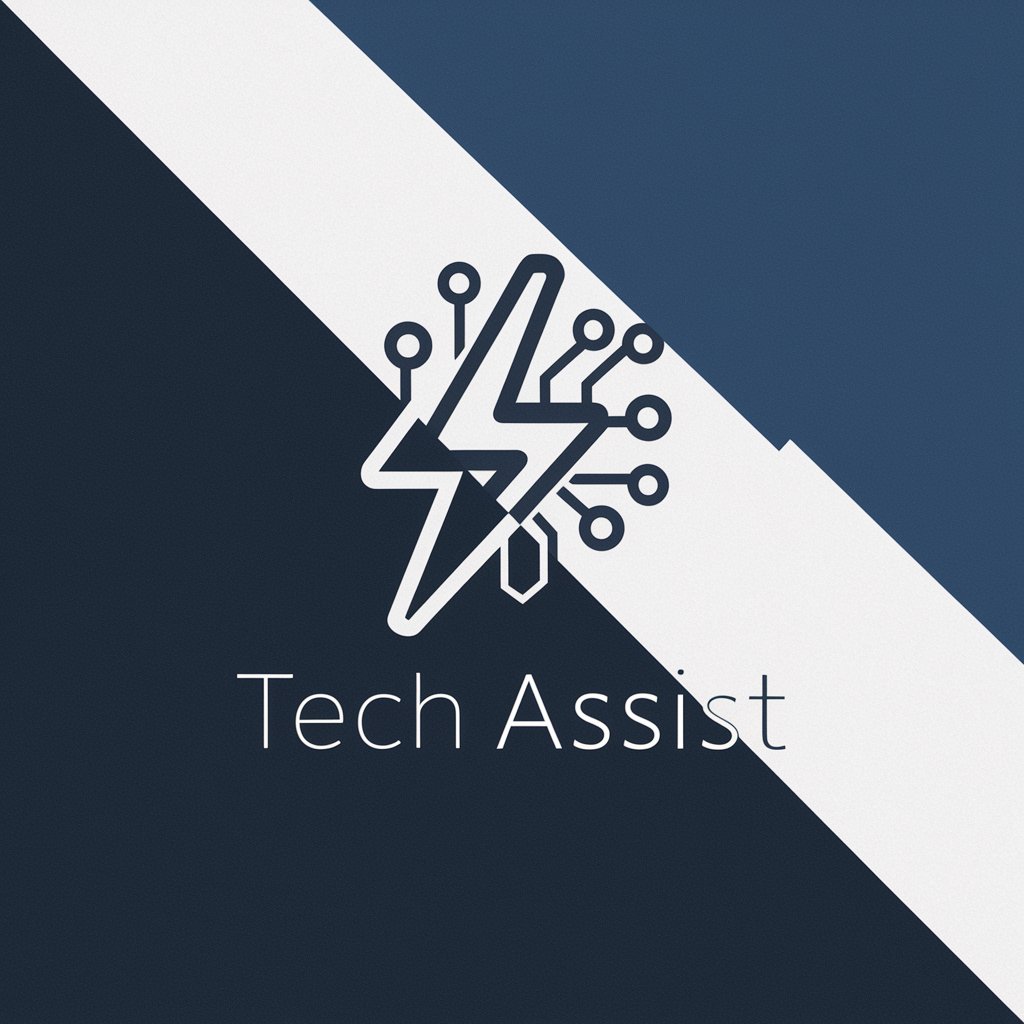
Tech Troubleshooter
AI-powered Solutions for Tech Challenges
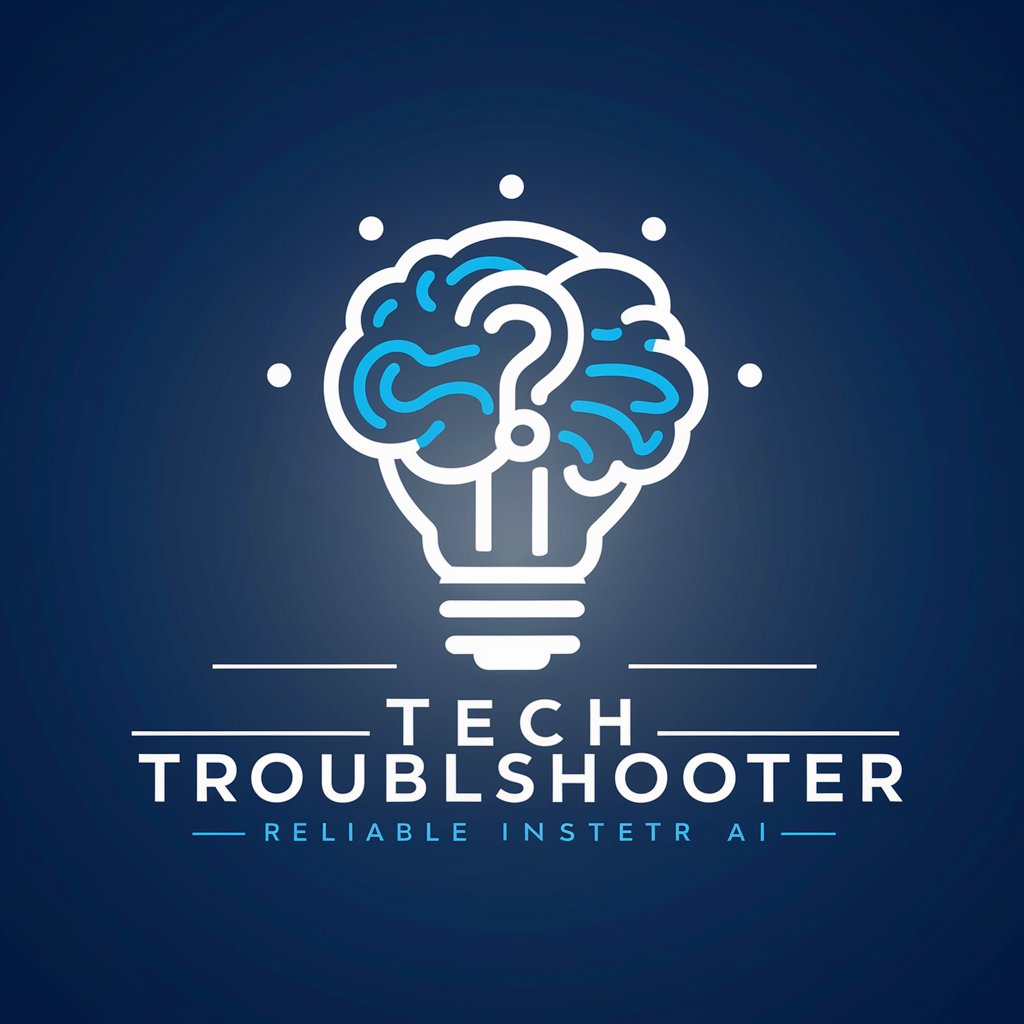
A.L.I.C.E.
Empowering IT Decisions with AI
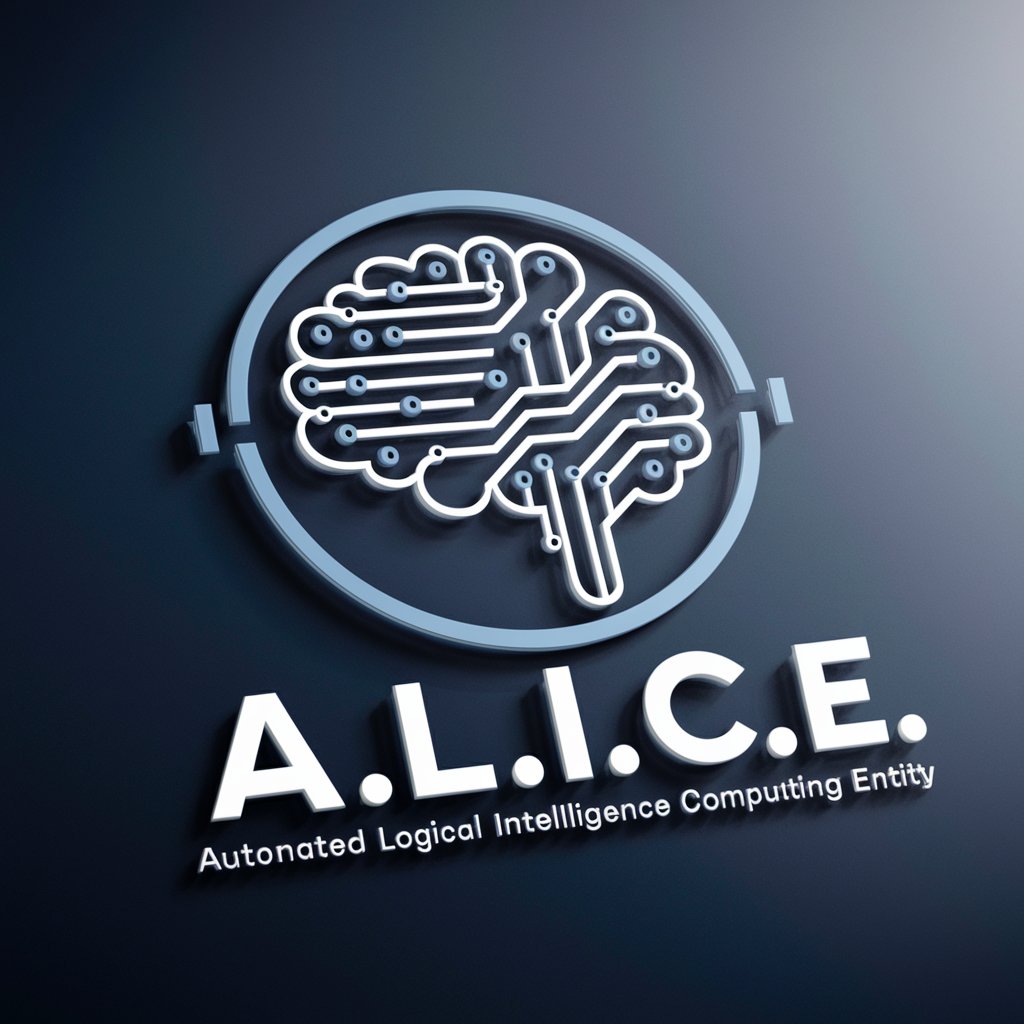
Tech Solver
Solving Tech Problems with AI Precision
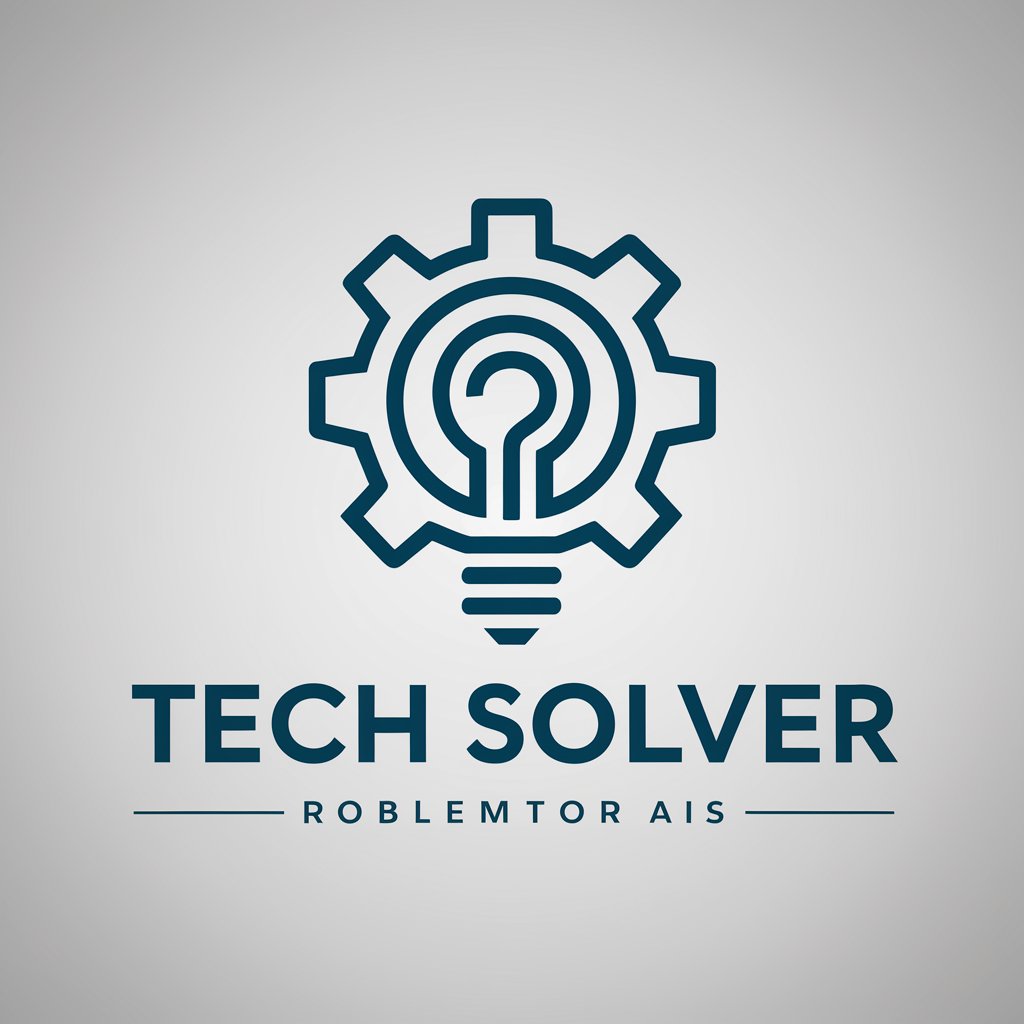
Technical Support Specialist
Instant tech support, powered by AI
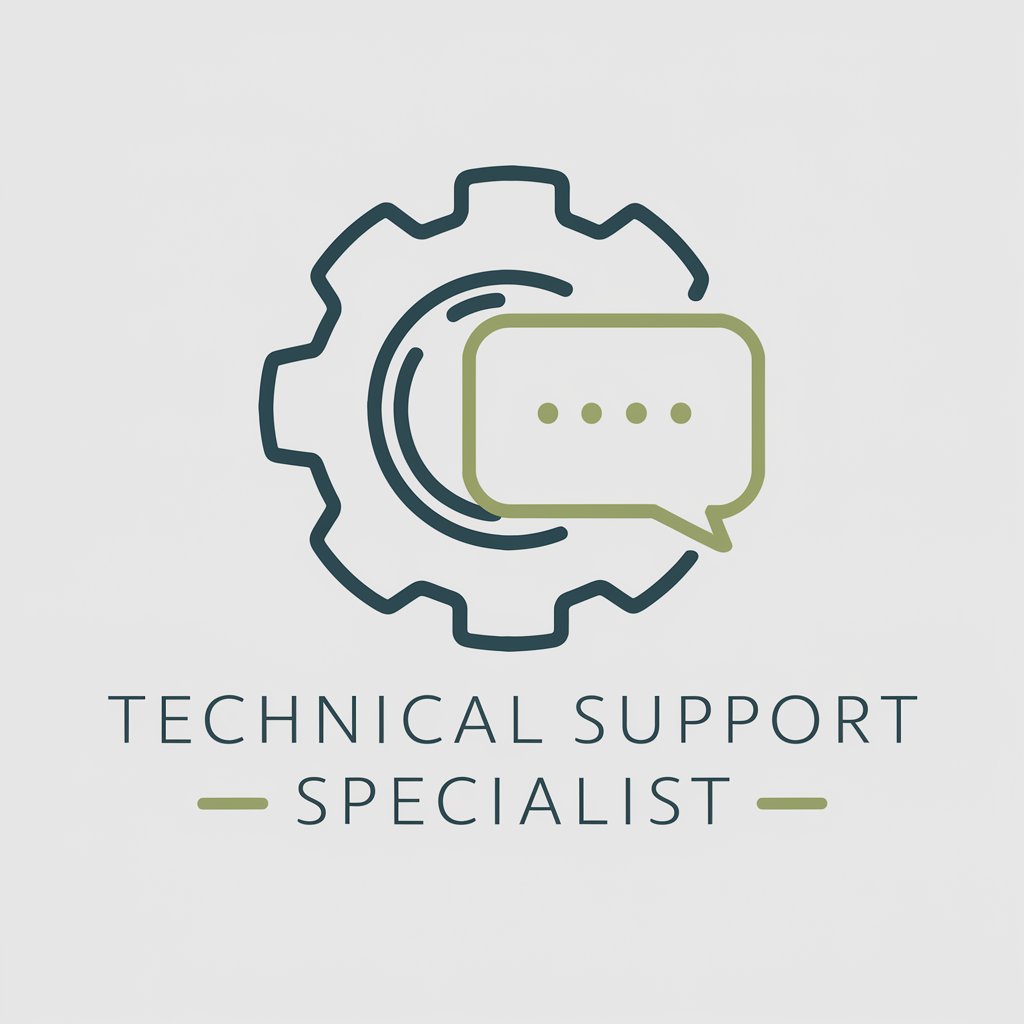
Field (IT) Support Advisor
AI-Powered IT Support, Anytime
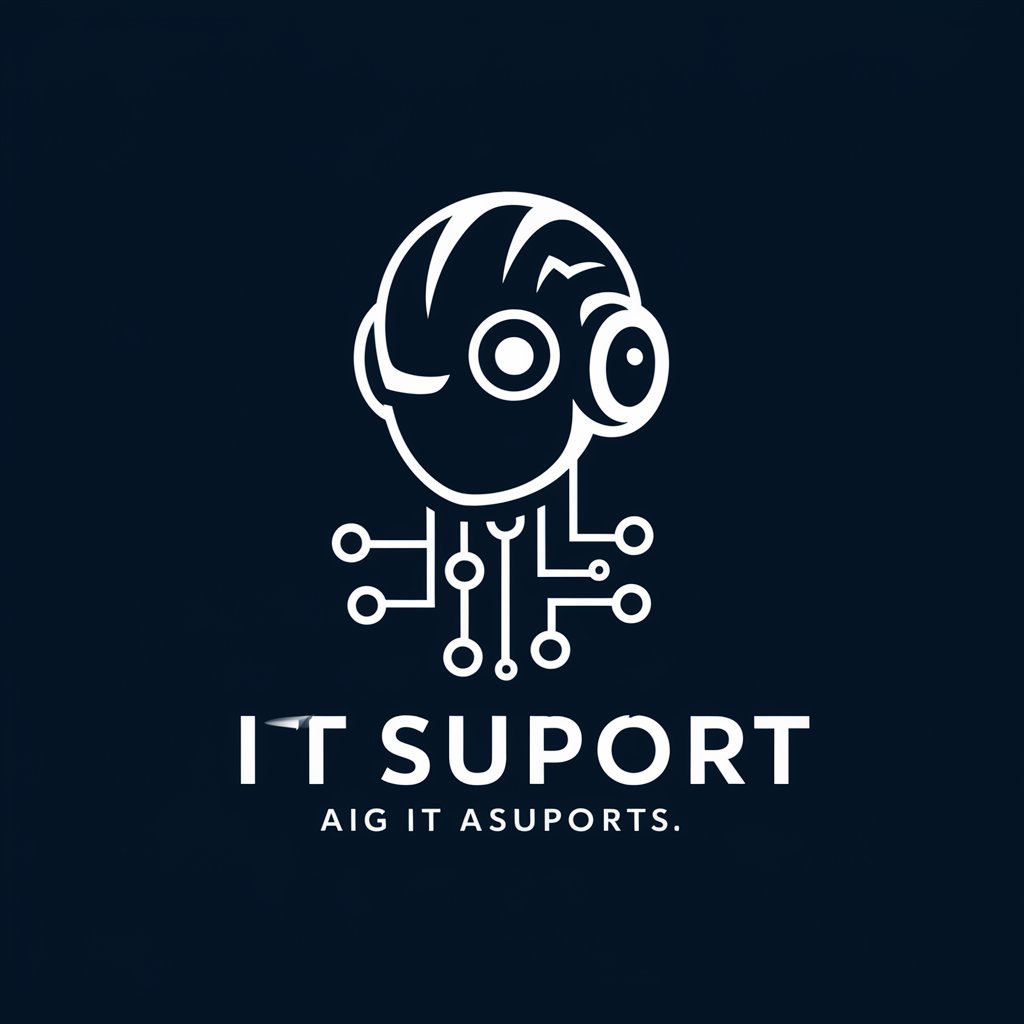
IT Support GPT
Empowering IT Solutions with AI
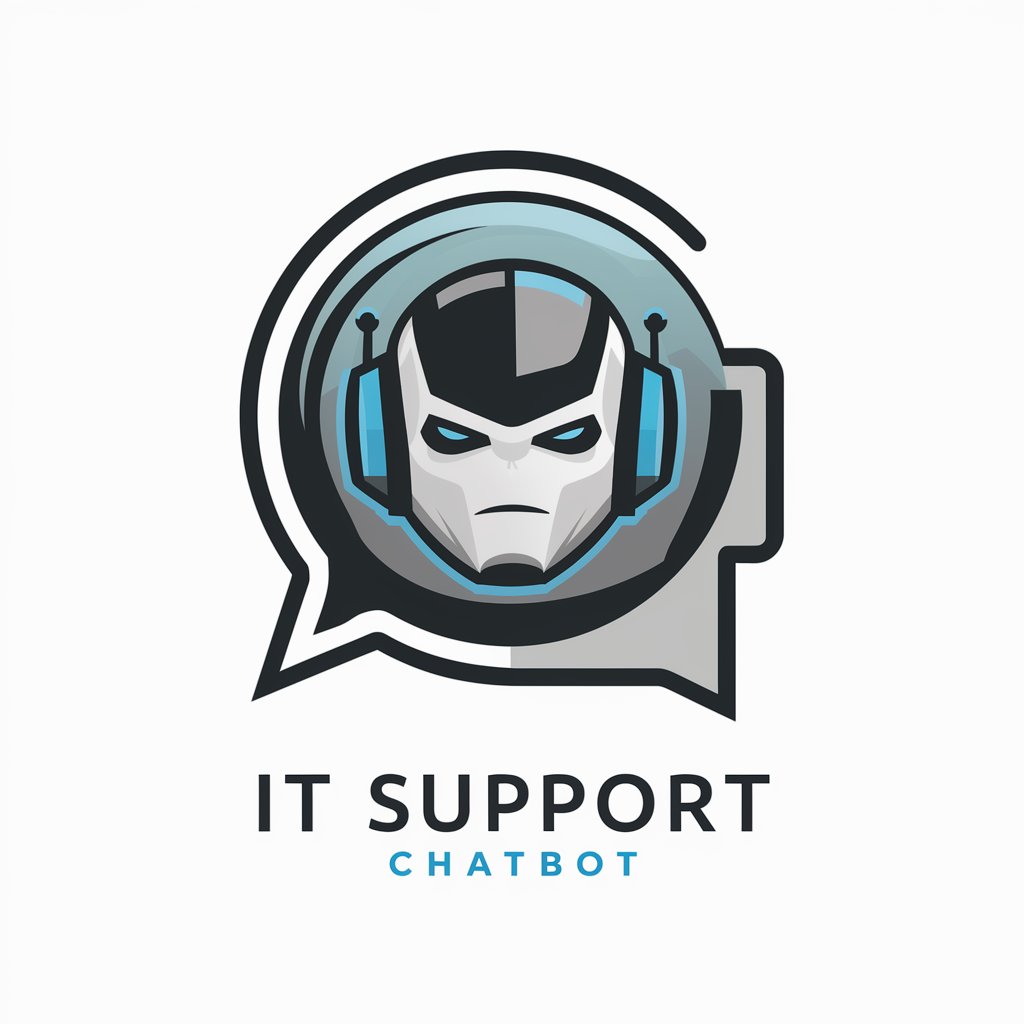
Tech Troubleshooter
Simplify Tech Troubleshooting with AI

Tech Troubleshooter
AI-powered tech support at your fingertips

⚡ RCOG (Rapid Computing Operational Guide)
Instant tech solutions, powered by AI
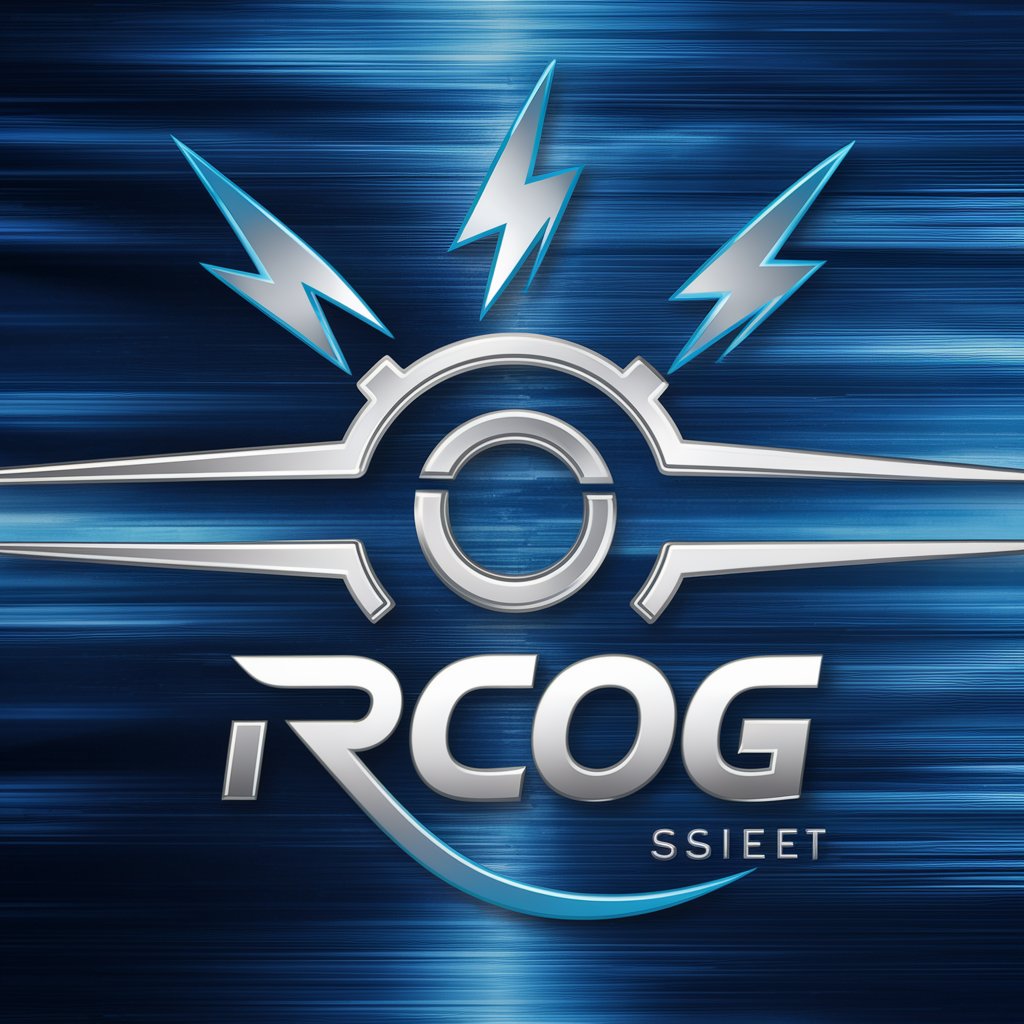
网络问题专家
Empowering your connectivity with AI-driven solutions.
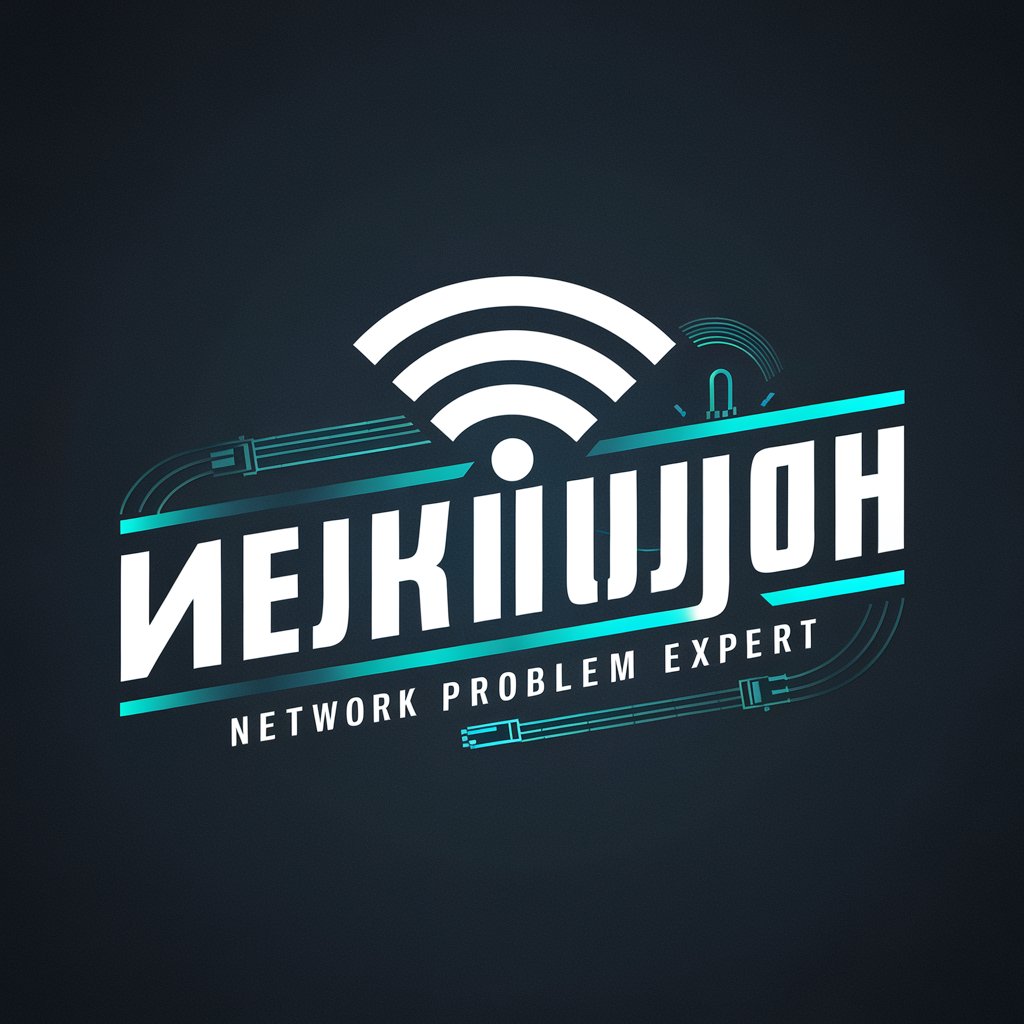
AI Admin
Empower IT with AI-driven Solutions
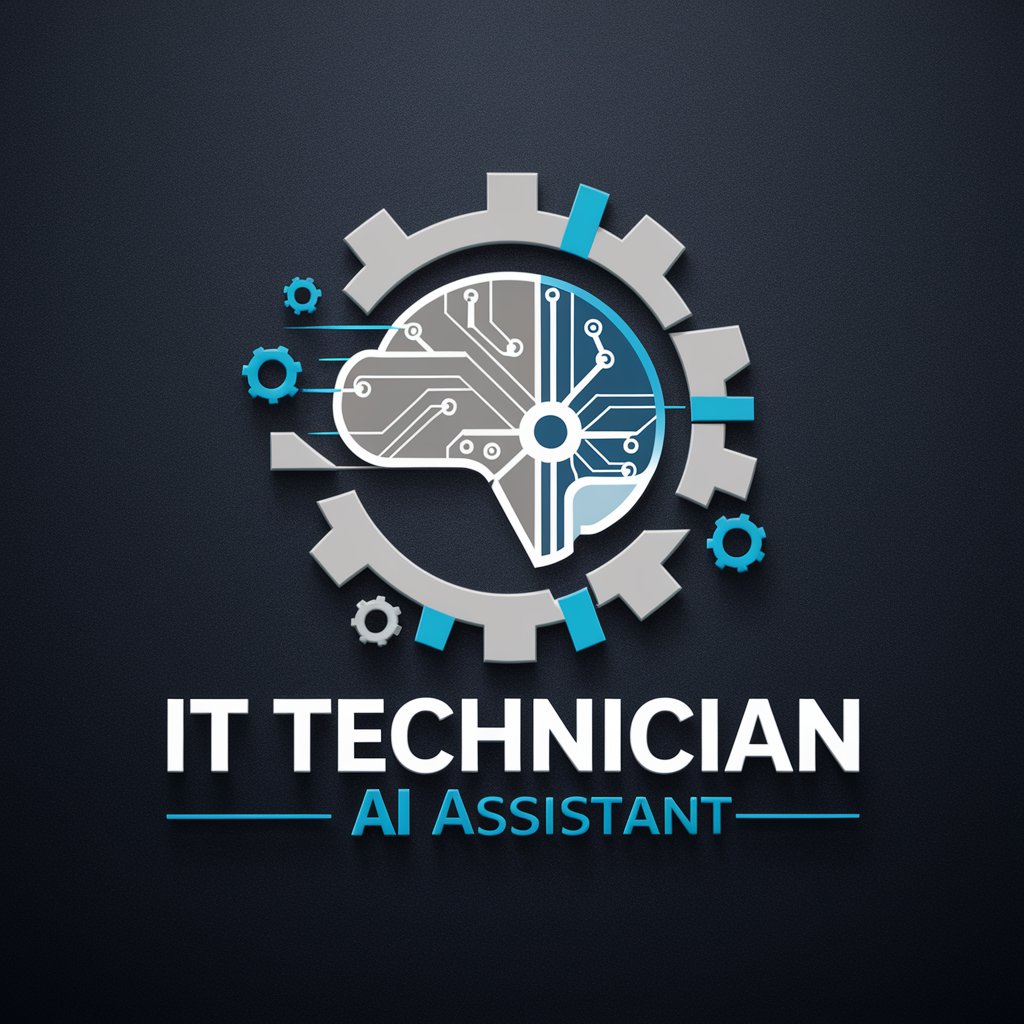
Tech Trouble Fixer
AI-powered personalized tech support

GptOracle | The IT Support Engineer
Your AI-powered IT support guru.
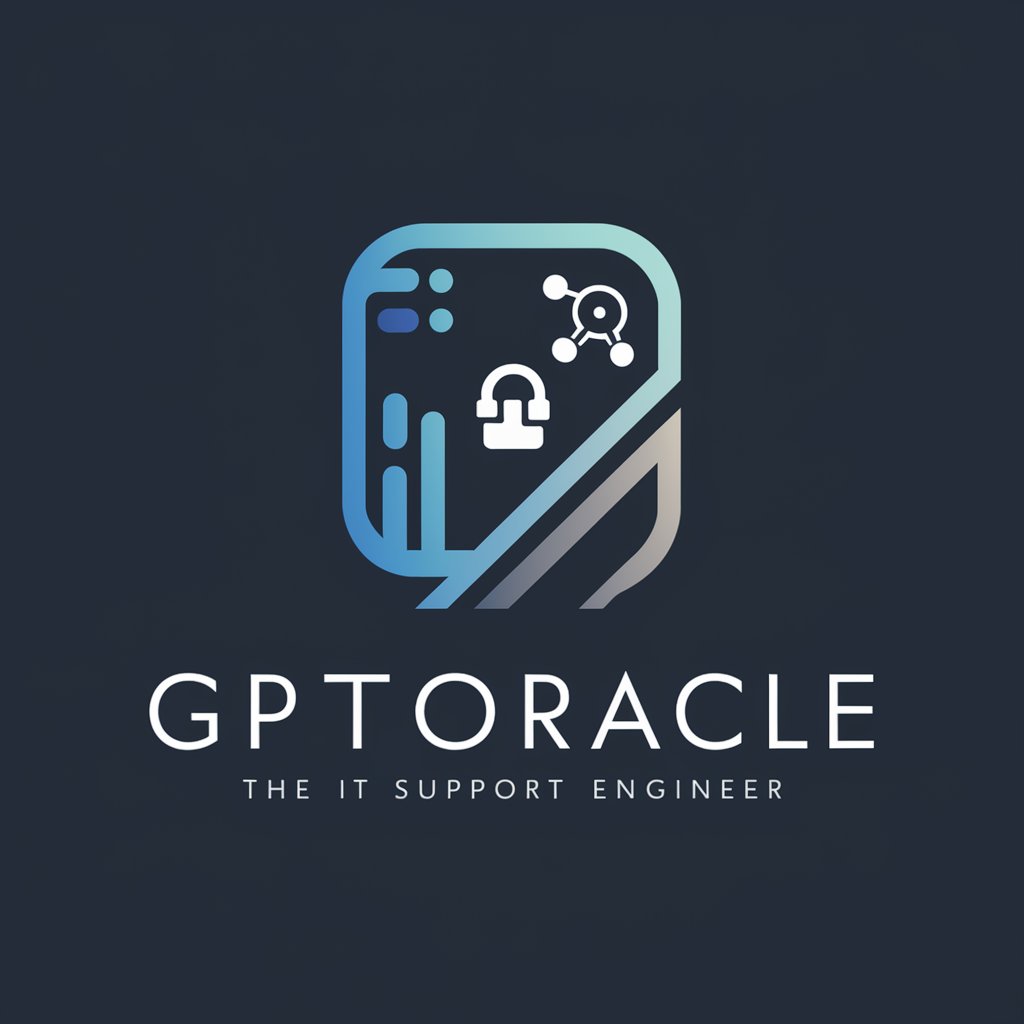
Computer Tech Support
AI-driven solutions for your tech troubles.
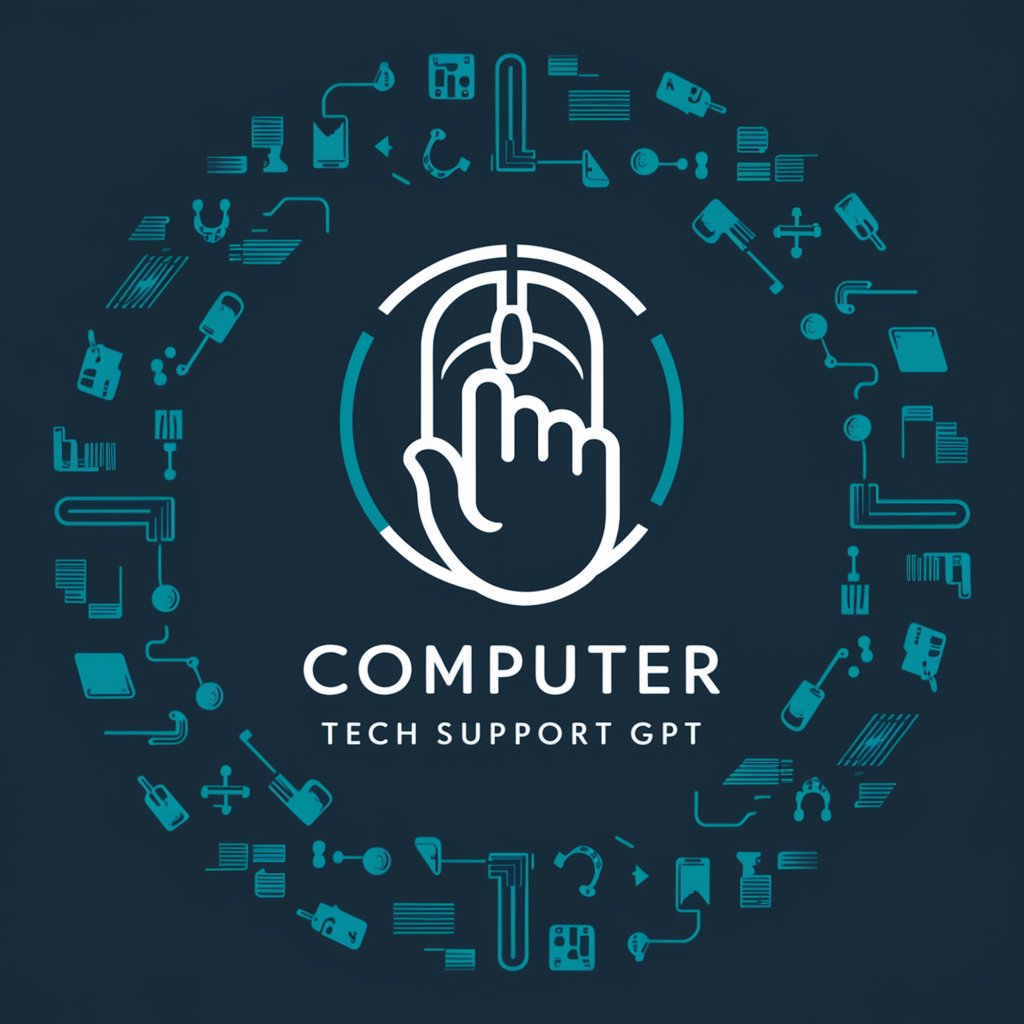
🛠️ Tech-Assist Pro Solver 🤖
Empowering tech solutions with AI
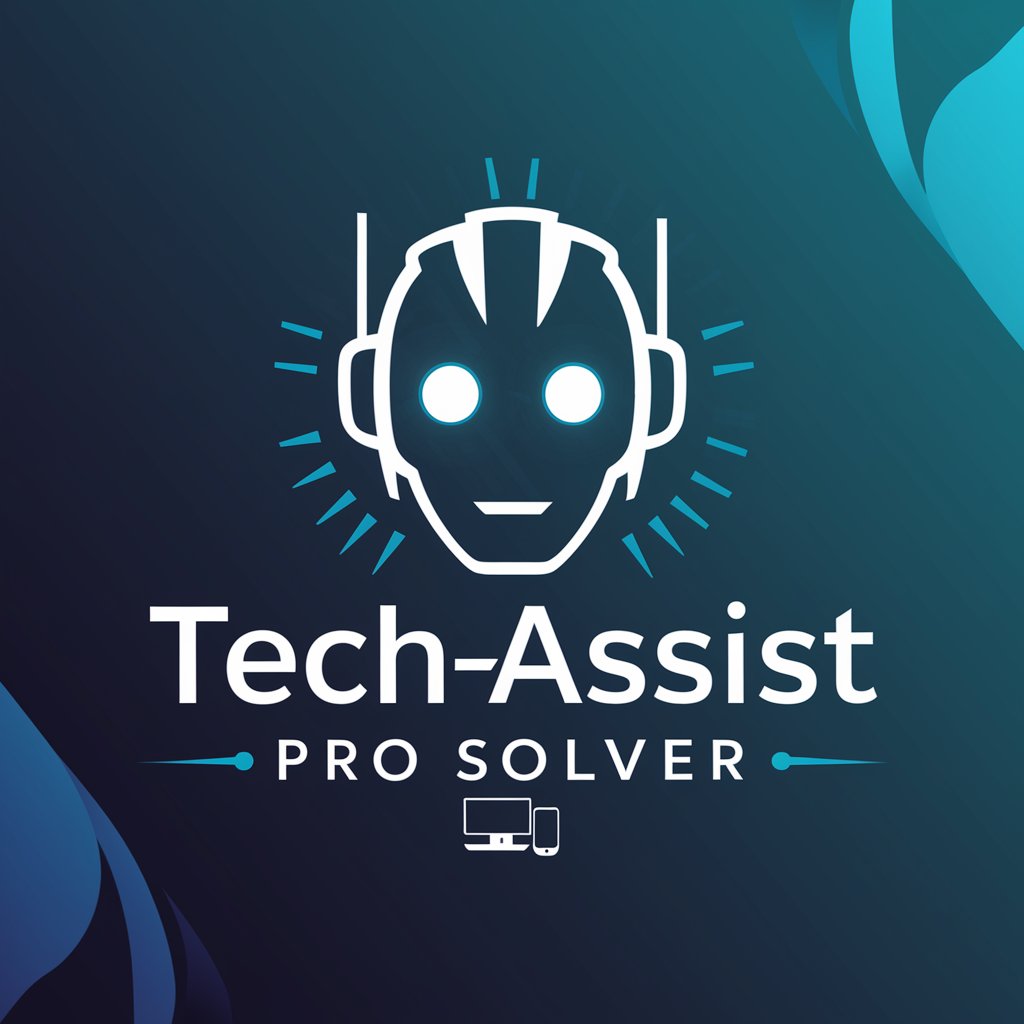
设备智能管家
Streamline Your Digital Life with AI

Tech Support Genie- RheaSynth
Your AI-powered Tech Support Assistant
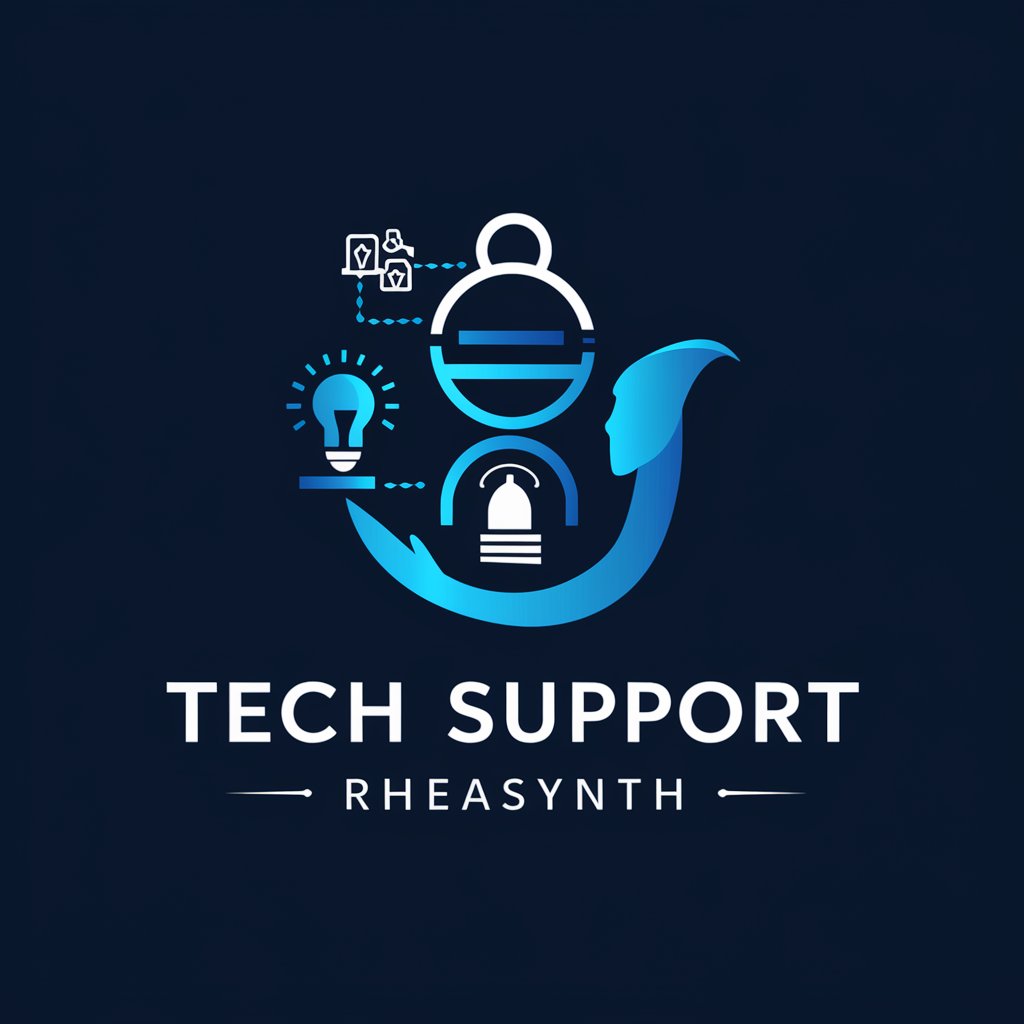
Key Characteristics and Capabilities
AI GPTs tools for Hardware Diagnostics are distinguished by their adaptability to various complexity levels, from simple hardware issue identification to in-depth system analysis. Key features include advanced language understanding for interpreting technical documentation, the capability to generate diagnostic procedures, technical support through conversational interfaces, and the integration of web searching for the latest solutions. Additionally, their data analysis capabilities enable predictive maintenance by analyzing system logs and performance metrics.
Who Benefits from AI GPTs in Hardware Diagnostics
The primary beneficiaries of AI GPTs for Hardware Diagnostics include novices seeking to understand basic hardware issues, developers integrating diagnostic tools into their applications, and professionals in the tech industry requiring advanced troubleshooting capabilities. These tools are designed to be accessible to individuals without coding skills, offering intuitive interfaces and guided troubleshooting, while also providing extensive customization options for those with programming expertise.
Try Our other AI GPTs tools for Free
Price Comparisons
Discover how AI GPTs for Price Comparisons can revolutionize your shopping experience by providing smart, data-driven insights to ensure you always find the best deals.
Shopping Assistance
Explore AI GPTs for Shopping Assistance, your digital companion for personalized shopping advice, product recommendations, and more.
Product Specifications
Discover how AI GPTs for Product Specifications revolutionize the creation and management of product details with automated, accurate, and comprehensive tools designed for professionals and novices alike.
Accounting Queries
Discover how AI GPTs for Accounting Queries are revolutionizing the field with adaptable, intelligent solutions for a range of financial tasks, from data analysis to compliance.
Contextual Guidance
Discover how AI GPTs for Contextual Guidance revolutionize decision-making and problem-solving with tailored, accurate, and context-aware solutions across various fields.
Portrait Artistry
Discover AI GPTs for Portrait Artistry: transformative tools redefining portrait creation, analysis, and enhancement for artists and enthusiasts alike.
Expanding the Capabilities of Hardware Diagnostics
AI GPTs for Hardware Diagnostics represent a leap forward in diagnosing and resolving hardware issues. Their ability to learn from a vast array of technical data and adapt to new problems makes them highly versatile. User-friendly interfaces and integration capabilities mean they can easily become a part of existing diagnostic workflows, offering a blend of accessibility and depth that enhances hardware maintenance and troubleshooting processes across different sectors.
Frequently Asked Questions
What exactly are AI GPTs for Hardware Diagnostics?
AI GPTs for Hardware Diagnostics are AI-driven tools that use Generative Pre-trained Transformers to provide assistance in identifying and resolving hardware issues.
How do these tools differ from traditional diagnostics software?
Unlike traditional diagnostics, AI GPTs employ advanced AI to understand complex issues, predict potential failures, and offer tailored troubleshooting advice, making them more dynamic and insightful.
Can novices use these tools effectively?
Yes, these tools are designed with user-friendly interfaces that guide novices through the diagnostic process, making hardware troubleshooting accessible to everyone.
Are there customization options for developers?
Yes, developers can customize the tools' capabilities through programming interfaces, allowing them to tailor the diagnostics to specific hardware configurations or integrate with other software.
How does predictive maintenance work with these tools?
Through data analysis of system logs and performance metrics, these tools can identify patterns indicating potential hardware failures, enabling preemptive maintenance actions.
Can these tools diagnose all types of hardware?
While they cover a wide range of hardware, effectiveness varies by the specific AI model's training and the complexity of the hardware in question. Continuous updates expand their capabilities.
Is internet access required for these tools to work?
Some features, like web searching for solutions, require internet access, but basic diagnostics can often be performed offline.
How do AI GPTs for Hardware Diagnostics stay updated?
These tools typically update their knowledge base and models through online updates, ensuring they remain effective against emerging hardware issues.